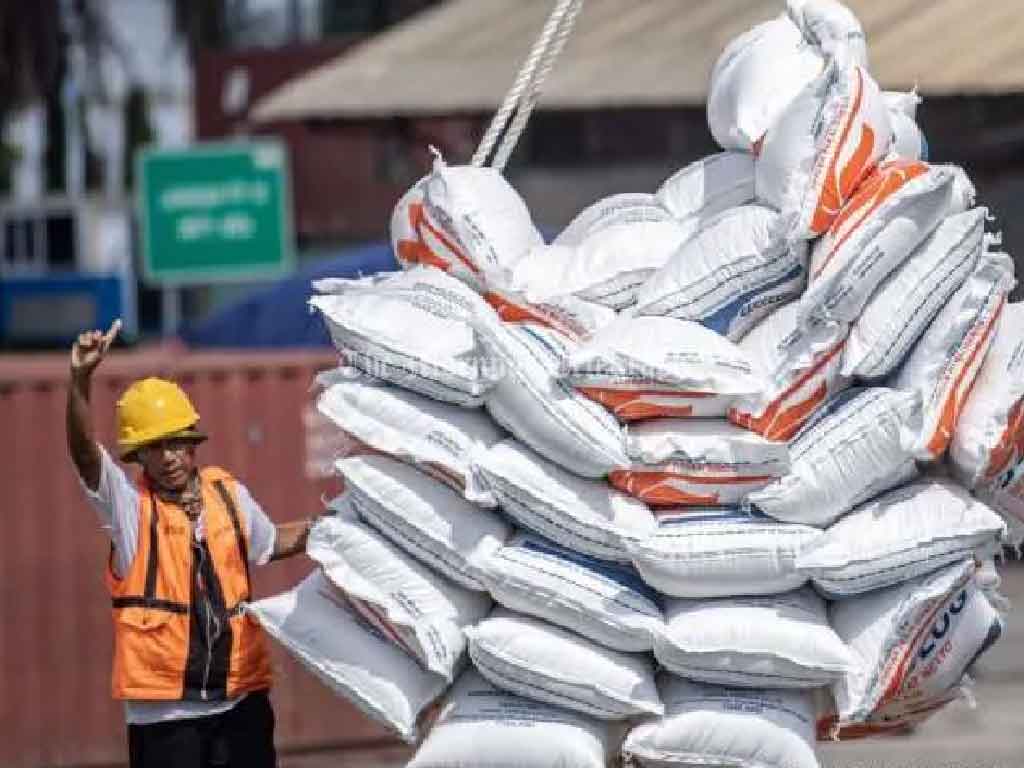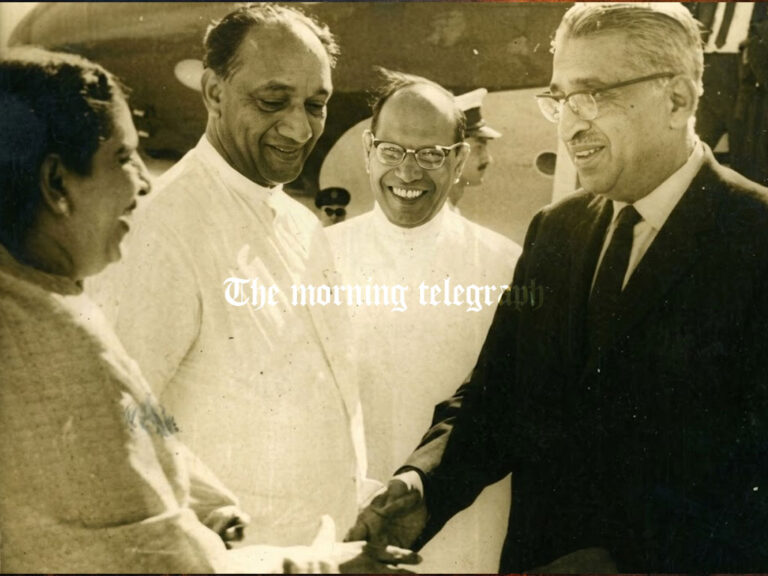
The rice crisis in Sri Lanka continues to deepen, with private importers signaling a potential halt to rice imports unless the government provides immediate support. Importers argue that between 50,000 and 100,000 metric tons of rice need to be imported urgently to stabilize the market.
Private importers have requested the government to either reduce the Rs. 65 duty per kilogram of imported rice or allow an increase in the retail price of imported rice. Despite these appeals, the government has reportedly refused to adjust its policies, prompting many importers to suspend new rice orders.
Importers allege that the government is favoring large-scale mill owners by adjusting the government-controlled price to provide an additional Rs. 10 per kilogram to these businesses. This adjustment, funded through large bank loans, is estimated to offer mill owners an additional profit of Rs. 50–60 million.
Critics argue that while the government aids mill owners, it has not extended similar relief to importers by reducing taxes, which they claim is a glaring inequity.
Private importers have warned that the rice stocks they have already ordered must arrive in Colombo by December 20. However, with the current policy environment, importers are reluctant to place new orders, exacerbating fears of further shortages.
Adding to the crisis, the 10,400 metric tons of rice expected to be imported by state institutions Lanka Sathosa and the State Commercial Corporation have yet to arrive. A senior Sri Lanka Customs official confirmed that no significant stock of imported rice had reached Colombo Port as of yesterday afternoon.
Severe rice shortages were reported across the country yesterday, with no clear timeline for the arrival of fresh supplies. Efforts to contact Lanka Sathosa Chairman Dr. Samitha Perera for updates were unsuccessful, leaving the public and industry stakeholders without clarity on the situation.
Importers warn that unless the government intervenes promptly to lower import duties or address the pricing mechanisms, the future of rice imports is in jeopardy. Without imported rice to supplement local supplies, the crisis is likely to escalate, with potential implications for food security and public stability.
The current deadlock between the government and importers highlights the urgent need for coordinated action to address the growing rice crisis and ensure the availability of this staple food for Sri Lankan households.




